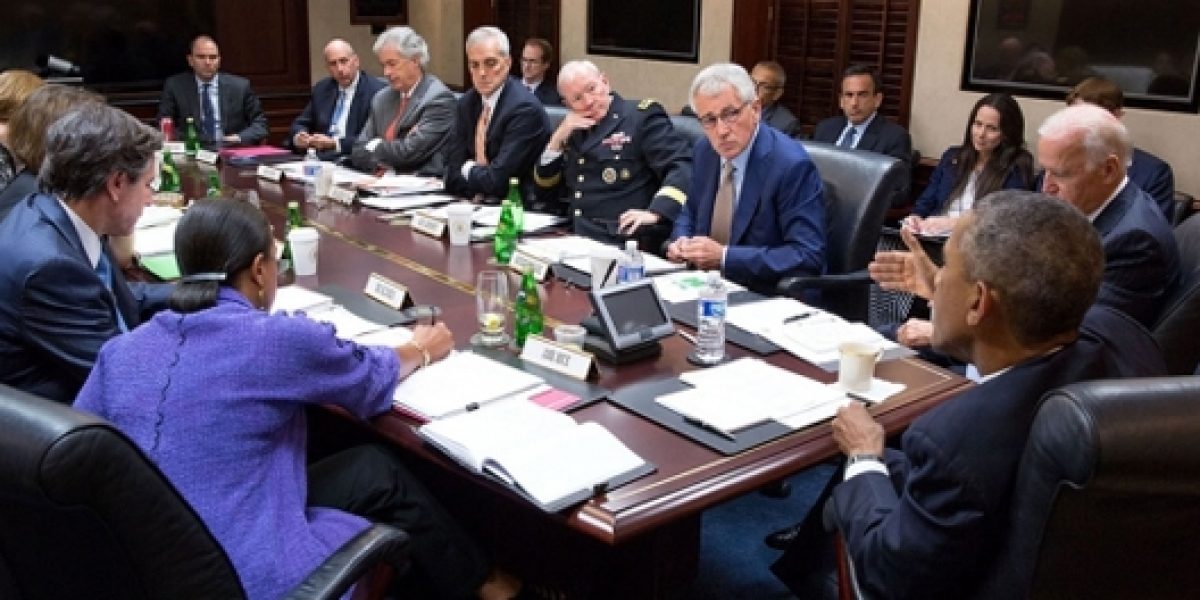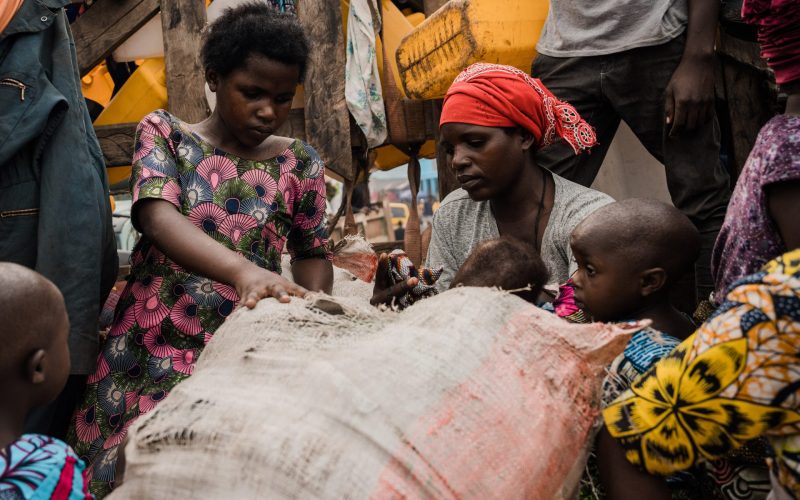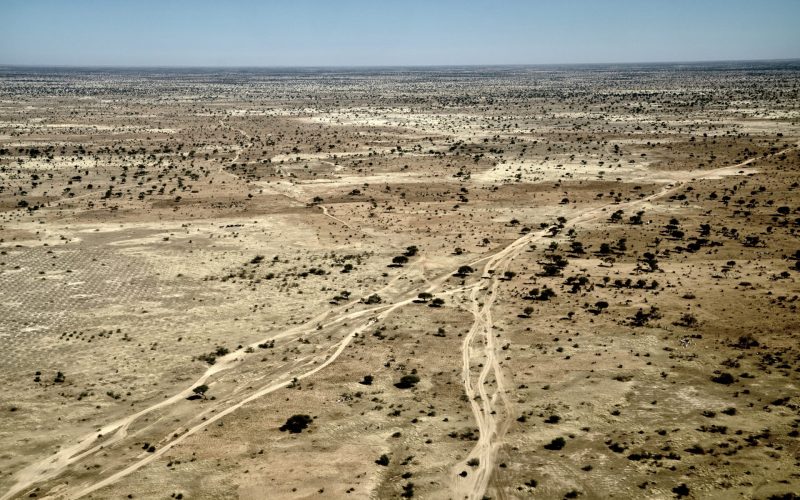Just hours before Obama appeared on television, Cheney spoke at a leading conservative think tank in Washington to an audience that was like a convention of the right-wing faithful, hoping to strap on their weapons and do battle once again, one more time.
One can feel sympathy for Obama at this point in his administration as he wonders what happened to those dreams of rebuilding the country’s spirit and structure, back when he first took office. When he entered the White House, his plan was to extract the military from its fool’s errands in Iraq and Afghanistan, hold back the impending financial collapse, then reignite the economy, and then rebuild the country’s infrastructure for a sustained run against America’s new international economic competitors.
The economy has actually been slowly recovering to a position of health with unemployment at around 6.1% and his big domestic accomplishment was the Affordable Care Act. But that must seem a world away by now. And those capstone foreign policy achievements of the large-scale troop withdrawals and a repositioning of attention towards rising powers like China have been largely overwhelmed by the increasing chaos across a swathe of the Middle East.
But as force withdrawals from Iraq drew to an end, the Arab Spring broke out and then soured; Iraq’s national cohesiveness melted away into its constituent, hostile parts; and the gruesome Syrian civil war broke out as well. Almost exactly a year ago, the Obama administration drew a line in the sand against Bashar al-Assad’s Syria over his government’s use of poison gas against its population (as well as its attacks on rebel forces). But Obama had been unable to rally Congress to offer an endorsement of an attack on Syria, and neither could the British prime minister gain one from his parliament either.
Now, with the ascendancy of ISIS/ISIL/Islamic State across northern Iraq and eastern Syria and its attacks against ethnic and religious minorities, executions of Iraqi military personnel who had surrendered, and its public beheadings of American reporters, Obama was increasingly forced to respond. In a speech delivered the evening before the 13th anniversary of the 9/11 attacks, Obama set out his strategy for dealing with ISIS, noting it would not be a quick, easy solution.
The Obama strategy has a distinctly limited ambit. It includes a campaign of air strikes against IS targets “wherever they are”, including in Syria; increased support for allied ground forces fighting IS – but not for Syria’s Assad; more counter-terrorism efforts to cut off IS funding and stem the flow of fighters into the Middle East; and continuing humanitarian assistance to the civilians affected by IS attacks.
There will also be increased training and support to fighters opposing IS (and against Assad’s government at the same time – a real complexity of this conflict), as well as Americans to train and support IS opponents – up to the level of around 475 personnel. As Obama said, “Working with the Iraqi government, we will expand our efforts beyond protecting our own people and humanitarian missions, so that we’re hitting ISIL targets as Iraqi forces go on the offense.” Obama added he would welcome congressional approval for this fight but he had the authority to act, even without it. Ensuring extra funding for this is slightly different – and Congress will be asked – and expected – to come up with the cash.
Until Obama’s speech, the US had already carried out some 150 air strikes against IS in Iraq. The new mandate will add air strikes into IS-controlled territory in Syria too. Meanwhile, Secretary of State John Kerry has been in the Middle East, rallying a “broad coalition to roll back” IS, meeting counterparts from key Arab nations and Turkey. Media reports say the Saudis have agreed to serve as a base for further training for anti-IS forces and word was ten Arab nations had given their support to the Obama administration in this mission – and more nations have joined following a Paris meeting that came at the end of Kerry’s trip.
Even as Obama set out his framework for action, he was very careful about what this would not become, saying, “We will not get dragged into another ground war.” Instead, Obama put down two cautionary notes – the first was how long it would take until “mission accomplished” can be whispered, as well as that there were real risks to US military personnel involved in this mission. Effectively, too, the Obama administration has now placed a burden on whoever becomes president in 2016 to finish this nasty work. This is a bitter irony for a president whose goal in his run for president had been to end the previous president’s overreach in Iraq and Afghanistan.
In making this decision, besides competing international crises in Gaza and Ukraine, the US president must also confront the domestic political context of this anti-IS strategy as well. While the public tenor has been clear for years there is little support for major military adventures in the wake of the Iraqi debacle, IS’s behaviour has begun to alter public perceptions.
The newest Pew Research Center report from just before Obama’s 10 September speech – noted, “the public has become more worried about Islamic extremism. Six-in-ten (62%) are very concerned about the rise of Islamic extremism around the world, which is the largest share dating back to 2007. A somewhat smaller majority (53%) is very concerned about the possibility of rising Islamic extremism in the US, which ties a record high….”
However, as yet, there has been little change in support for major troop commitments, despite a sense the threat levels in the world are rising – and this is the contradictory political universe the president must deal with while confronting IS. The US is also facing a mid-term election in less than two months’ time. Some Republican critics are charging Obama’s policies offer too little, but others warn he is pushing a Bush-style, discredited interventionist agenda. While Democrats are calling for stronger action, perhaps a majority are uneasy about anything that seems to smack of those old interventionist instincts.
Meanwhile, Dick Cheney’s speech seemed to be designed to give strength to the Republican Party to demand a still-stronger response. Cheney said, “The situation is dire, and defeating these terrorists will require immediate, sustained, simultaneous action across multiple fronts… We should immediately hit them in their sanctuaries, staging areas, command centres and lines of communication wherever we find them…. We are at war [and] we must do what it takes, for as long as it takes, to win.”
Such Cheney holier-than-thou-ism is part of the political universe Obama must operate in. This includes efforts to respond to IS; to wade through the complex matrix of combatants in Syria; to stave off further IS-borne chaos; and, simultaneously, to avoid any new military engagement from inflaming the Middle East further. This will not be easy.








